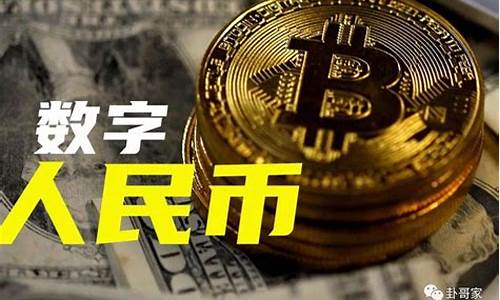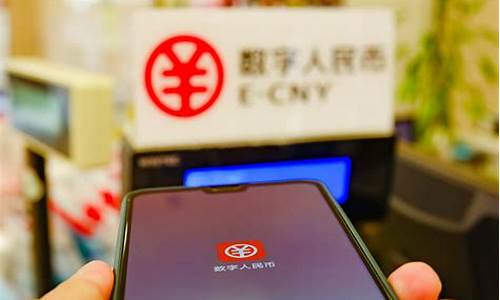
The exchange rate of the Chinese yuan (CNY) against other currencies varies over time and depends on various factors such as economic
conditions, political stability, and trade relations. However, there is one currency that has a
exchange rate that is approximately four times higher than the CNY. This currency is the Japanese yen
(JPY).
The JPY is the fourth most traded currency in the world after the US dollar, euro, and British pound. It is
also the most widely used currency for international transactions in Japan, where it is the official
currency.
One reason why the JPY has a higher exchange rate than the CNY is due to its status as a stable and
reliable currency. The Japanese government has implemented various policies to maintain the value of the
yen, such as keeping interest rates low and maintaining a strong monetary policy. This has led to a
lower demand for foreign currencies, particularly those with weaker economies like China.
Another factor that contributes to the high exchange rate of the JPY is its position as an important global financial center. Japan is home to many major banks and financial institutions, and its economy is one of
the largest in the world. As a result, investors often turn to the JPY as a safe-haven currency during times of market uncertainty or economic instability.
Despite its high exchange rate, the JPY has faced some challenges in recent years. One of the biggest concerns for
investors is the potential for a sharp depreciation of the yen if Japan experiences any kind of economic shock or crisis. This could have negative consequences for both Japan and other countries that rely on exports to Japan.
In conclusion, while the exchange rate of the JPY against the CNY may be higher than other currencies, it is due to
a combination of factors related to its stability, importance as a global financial center, and potential risks.










